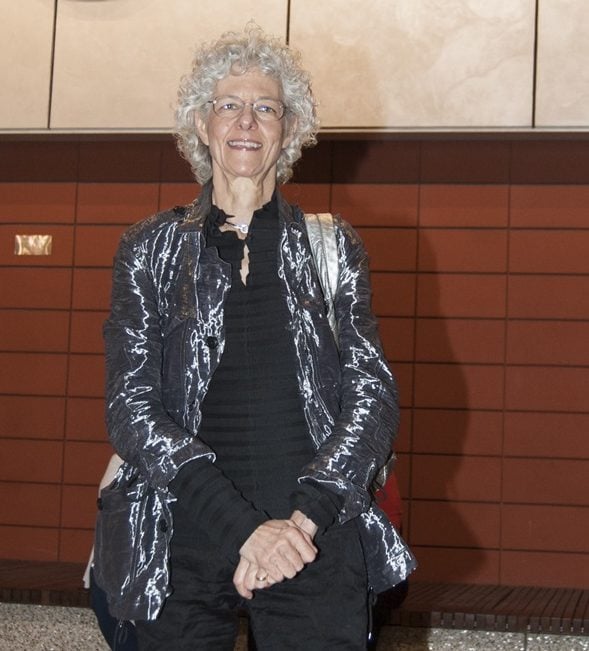Market
After Years of Undisclosed Settlements, Knoedler Gallery Forgery Cases Will Finally Head to Trial
What comes next?

What comes next?

Eileen Kinsella

In a significant development regarding a forgery scandal that rocked New York’s Knoedler & Company, a federal judge ruled that two cases involving the sale of multimillion dollar artworks that turned out to be fakes can proceed to trial, according to a report in the Art Newspaper.
Until now, numerous lawsuits associated with the legendary forgery ring—which allegedly netted upwards of $60 million for the now shuttered Upper East Side gallery—have been settled on undisclosed terms.
In a 2012 interview with Vanity Fair, former gallery president Ann Freedman said, “It’s amazing to think that this institution never stopped for 165 years,” she said. “It didn’t stop during the Civil War, World War I, World War II … I kept it open on 9/11.”
The cases that are moving forward include a lawsuit brought by collector John Howard, who reportedly purchased a fake de Kooning and by Domenico de Sole, the former chairman of Gucci, who now serves on the board of Sotheby’s. De Sole and his family purchased a work they believed to be by Mark Rothko.
“The ruling recognizes that the De Soles have mounted compelling evidence that they were defrauded. It shows the art world that this is a massive fraud that took place for over a decade,” their attorney, Gregory Clarick, told the Art Newspaper.
Both paintings were allegedly among a group painted by Pei-Shen Qian, a Chinese painter in Flushing, Queens who has since fled the country and has reportedly taken up residence in China.
According to federal indictments, the Chinese artist was commissioned to paint the works by dealer Jose Carlos Bergantiños Diaz and his then girlfriend Glafira Rosales, who created a false back story about the paintings and brought them to Knoedler Gallery. Freedman handled the sale of many of the works in question.
The gallery abruptly shut its doors in 2011, around the time the first lawsuit was brought against it by hedge fund manager Pierre LaGrange over a reportedly fake Jackson Pollock. That lawsuit has since been settled on undisclosed terms.
Freedman, Rosales, and Knoedler’s owner Michael Hammer were among those named in many of the lawsuits; Rosales has been cooperating with authorities since her arrest in May 2013, according to the New York Times.
Freedman’s attorney, Luke Nikas, told the Art Newspaper: “This case is about integrity, and as much as we may respectfully disagree with the decision, it has an important silver lining: Ann Freedman will now have the full opportunity to tell her story and prove her good faith.”
Freedman and Knoedler have consistently denied that they knowingly sold fakes.
Rosales and Qian have been named in the federal indictment, as have Bergantiños Diaz and his brother Jesus Angel Bergantiños Diaz.
Rosales has pled guilty to the charges and is still awaiting sentencing. Both Diaz brothers were arrested in Spain and released on bail, but there is no word yet on when or whether they will be extradited to the US to face charges or to stand trial.
“Finally, they will have to answer for their unlawful conduct in a trial,” John Howard’s attorney, John Cahill, wrote in an email to artnet News. “Freedman’s and Hammer’s tenacious efforts to hold on to the proceeds of a crime still-awaiting sentencing is a deepening stain on the New York art market. The effects on those who might buy at art galleries and on the integrity of the New York art market overall cannot fully be measured.”